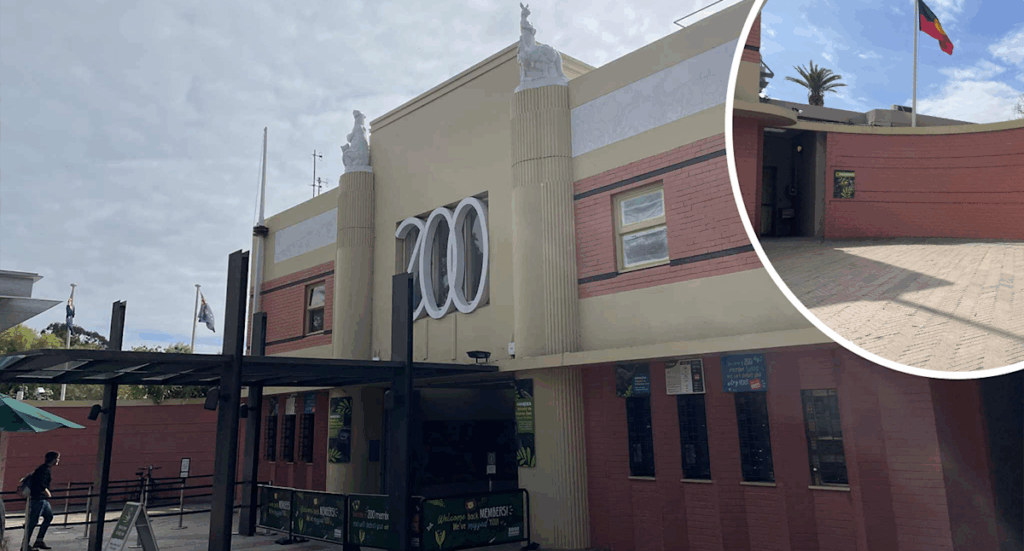
URGENT UPDATE: A shocking security breach at Melbourne Zoo has resulted in the deaths of several native animals, including federally protected long-nosed potoroos, after a wild red fox infiltrated the premises. This alarming incident, which occurred several weeks ago, has raised serious concerns regarding wildlife safety and zoo security.
Officials from Melbourne Zoo confirmed to Yahoo News that the fox managed to breach high brick walls and barbed wire fences, leading to the tragic loss of vulnerable species. In addition to the long-nosed potoroos, wild brushtail possums also fell victim to the invasive predator. The exact timeline of the fox’s presence on zoo grounds remains unclear, but authorities are actively investigating how it gained access.
A spokesperson for Zoos Victoria stated, “Additional monitoring and security measures have been implemented,” emphasizing that ongoing risk assessments by pest specialists are now in place. Fortunately, there have been no further signs of fox incursions since the initial breach, suggesting that the zoo’s response has been effective.
The incident is reminiscent of a similar breach a decade ago when a fox killed 14 little penguins at the same zoo. Such security failures, while rare, highlight the persistent threat posed by invasive species to Australia’s native wildlife. Foxes, introduced in the 1800s, have been linked to the decline of numerous native species, including the greater bilby, which was once widespread across the continent.
In an ironic twist, while the focus is often on animals escaping from zoos, this incident underscores the dangers of predators entering these protected spaces. The last major breach in Australia occurred in 2022, when five lions escaped their enclosure at Taronga Zoo. In the same year, a red panda was tragically killed after escaping from Symbio Wildlife Park.
Recent signs around Melbourne Zoo urge visitors to keep gates closed to prevent similar incidents. The surrounding areas, including Royal Park, are known habitats for foxes, further complicating the zoo’s efforts to maintain a safe environment for its animals.
Officials have not disclosed how the fox was ultimately captured, only noting it was “humanely dealt with” by contractors. The intelligence of foxes complicates trapping efforts, making this incident all the more troubling for wildlife advocates.
The emotional toll of this breach extends beyond the immediate loss of life. The decline of native species, exacerbated by invasive predators, is a growing concern for conservationists across Australia. Many small marsupials, once abundant, are now only found in isolated pockets, with the greater bilby now listed as vulnerable to extinction.
As Melbourne Zoo works to fortify its security measures, the broader implications of this incident serve as a stark reminder of the ongoing battle against invasive species threatening Australia’s unique wildlife. The zoo community and wildlife advocates are left to grapple with the impact of this tragic event and the urgent need for effective solutions to protect vulnerable native animals.
Stay tuned for more updates on this developing story as authorities continue to assess the situation and implement measures to ensure the safety of all animals within the zoo.






